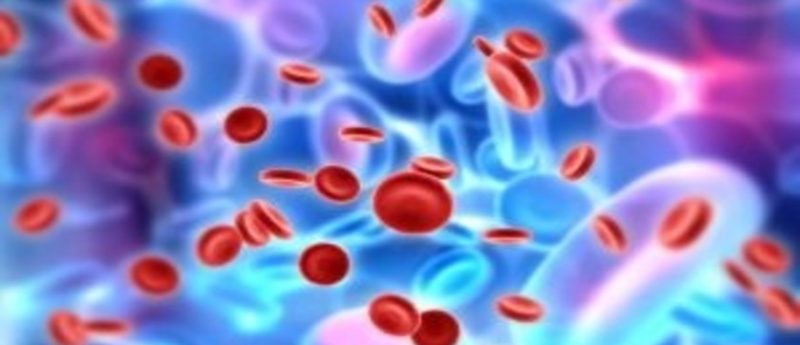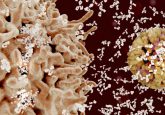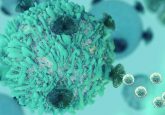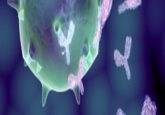Research sheds light on immunotherapy efficacy variations

Researchers from the Institut de recherchés cliniques de Montreal (Montreal, Canada) utilized mice lacking in the signaling lymphocytic activation molecule (SLAM), to determine phagocytosis of hematopoietic tumor cells during SIRPα-CD47 blockade.
Previous studies have observed that in response to SIRPa-CD47 blockage there was a correlation between increased efficiency of phagocytosis and resultant hematopoietic tumor cell elimination. The new study identified that the process is strictly dependent on the SLAM family of receptors.
The aim of the research was to understand why immunotherapy is only successful in a subset of patients. A high level of CD47 has been associated with hematopoietic cancers acting as an immune evasion mechanism.
First author Andre Veilette, University of Montreal explains CD47 “is found on the surface of cancer cells and makes them appear to be healthy: it tells the immune system not to destroy them, which leaves the door open for tumour growth and metastasis,”
In this latest study published in Nature, the researchers demonstrated that SLAMF7, as well as CD47 has to be present on tumor cells to permit binding then destruction by immune cells. The efficacy of SIRP-α-CD47 inhibitors is anticipated to be increased in patients with hematopoietic tumors expressing SLAMF7.
SLAMF7 interactions with integrin Mac-1 is critical for phagocytosis, utilizing signals involved in immunoreceptor tyrosine-based activation motifs. This helped to suggest a potential mechanism by which hematopoietic tumor cells are engulfed and destroyed by macrophages.
The research could provide an insight into which patient will benefit from treatment with the upcoming CD47 inhibitor, a phenomenon known as precision medicine.
Veillette concluded: ” There are currently more potential new treatments than there are patients available to test them in clinical trials. To take advantage of the full potential of emerging treatments like immunotherapy, we should not use them as universal treatments, since very useful ones could be overlooked, thereby hindering our progress in the fight against cancer.”
Sources: Chen J, Zhong MC, Guo H et al, SLAMF7 is critical for phagocytosis of haemoatopoietic tumour cells via Mac-1 integrin, Nature, doi:10.1038/nature22076 (2017); http://nouvelles.umontreal.ca/en/article/2017/04/19/ircm-research-team-discovers-how-immunotherapy-can-fight-some-cancers/





